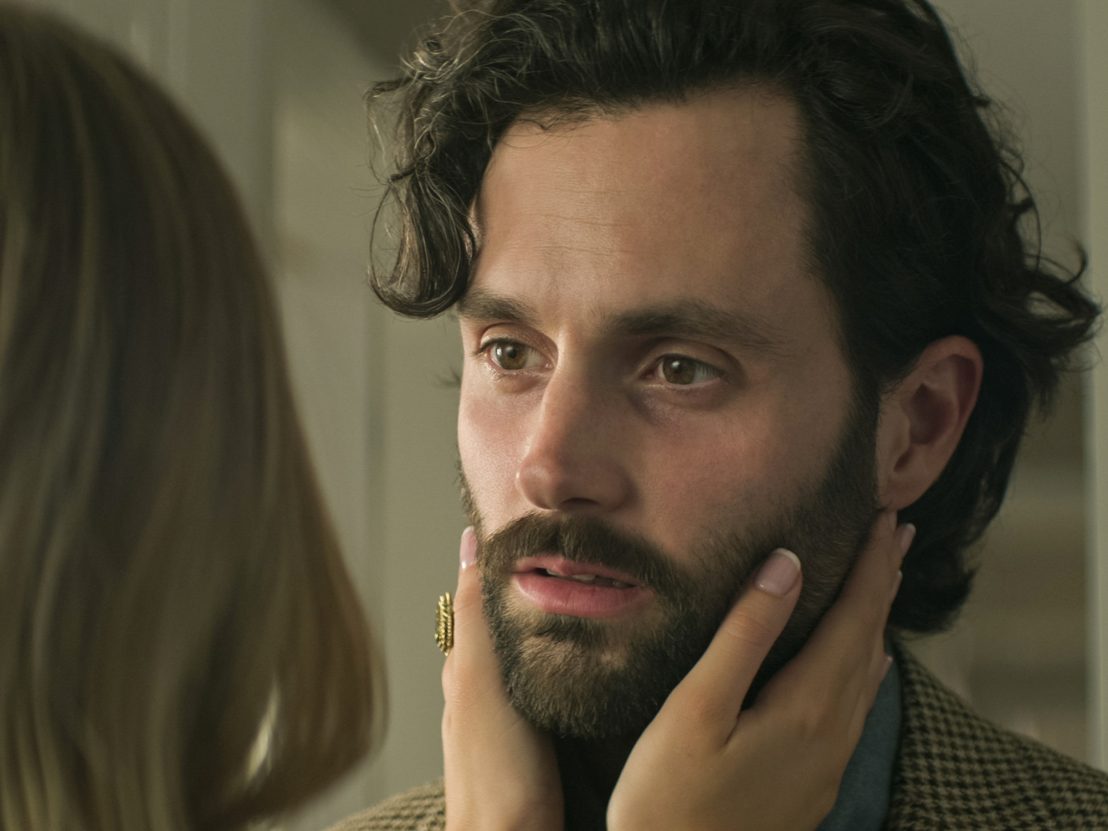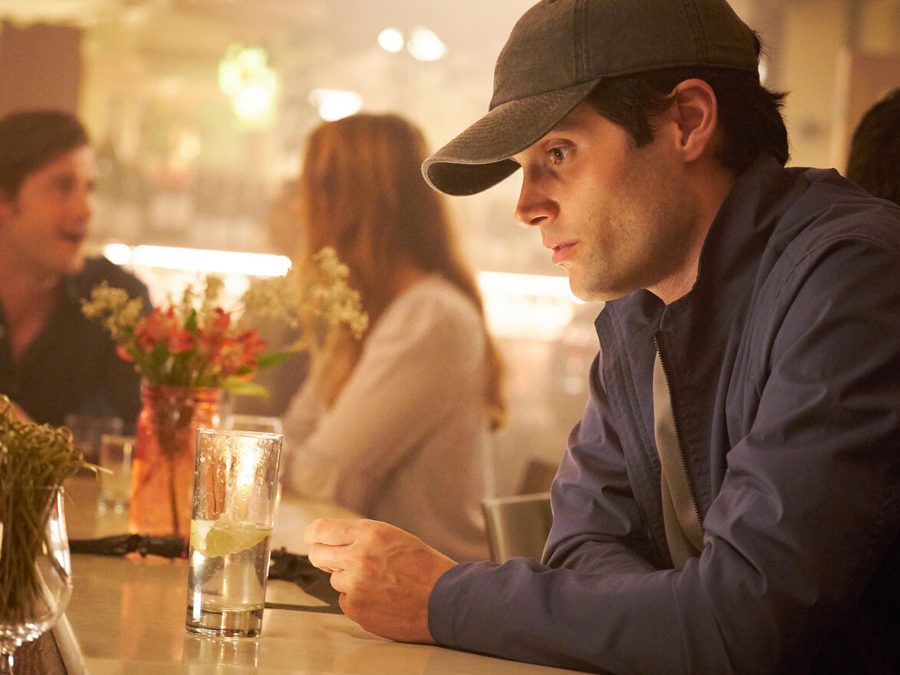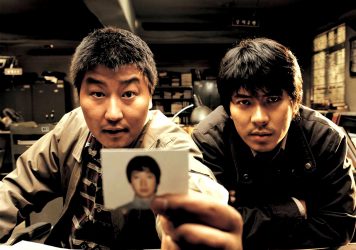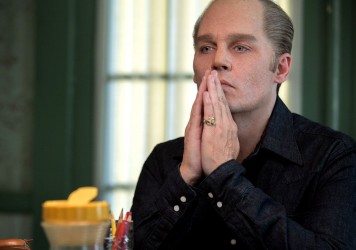
Next week sees the return of heartthrob serial killer Joe Goldberg (Penn Badgley) as Netflix drops a new clutch of episodes of their smash hit crime thriller You on March 9. For the first time the power dynamics have shifted, as the hunted becomes the hunted, faced with a stalker who has the ability to expose Joe’s exploits and bring him down once and for all.
You is the smash hit not even Netflix saw coming. Although the streaming service doesn’t publish viewership stats, they claim 40 million households tuned within the first month of its release. You was originally a Lifetime show created by Greg Berlanti and Sera Gamble, who had previously worked on huge series including Dawson’s Creek, Riverdale and Supernatural. Berlanti had huge faith in the project, but the show barely drew 650,000 viewers every week, falling short of even Lifetime’s standards, a network notorious for making so-bad-it’s-good television. It was axed four months later before being picked up by Netflix, where it quickly found its audience among a primarily young millennial female demographic.
There are so many dubious plot points that make You, objectively speaking, a ridiculous show. It’s painfully obvious where Joe’s victims are going wrong, since none of them appear to have curtains in their homes, making it very easy for him to point a telescope at their window, and follow their every move. Then there’s Joe’s main disguise, which consists only of a baseball cap, yet four years on, he hasn’t been caught for the many crimes he’s committed. But it’s really Joe’s snarky narration – in which he positions himself as an earnest hopeless romantic, driven to murder through no fault of his own – that makes the show so absurd and entertaining. Much of You is told from the abuser’s point of view, allowing the audience to understand how Joe justifies his actions to himself. In this way, the show is taking itself seriously, but its over-the-top style means that we as viewers can’t.
Perhaps the most unsettling reason viewers keep coming back is because we all, to varying degrees, fancy Joe. Fans are constantly swooning over him on social media, with many seemingly attracted to the character’s many contradictions: he is charming, dangerous, bookish, a hopeless romantic, sadistic, cruel, and mysterious, all wrapped in one. Badgley himself has been very forthright in his criticism of Goldberg, saying that his character is “not actually a person who just needs somebody who loves him. He’s abusive. He’s delusional. And he’s self-obsessed.” But it’s these very complexities, as well as our awareness of how odd it is to like and root for him, that contribute to the fun and absurdity of it all.
Sweet escapism, camaraderie, and the bingeability factor are also key pulls for the show. You is hardly the most understated, sophisticated psychological thriller on TV. The allure is that most of us only devote one weekend to watching it; phone in hand, Twitter and WhatsApp groups open, discussing, dissecting, and spoiling it for one another over 48 hours, and then it’s all over. The constraints of network television, and therefore why it never stood a chance on Lifetime, was that it had to be weekly, giving people far too much time to consider whether to return to a predictable drama about a serial killer who’s also convinced he’s a really nice guy.

What network television gave us, which has been partially lost in the streaming era, is the communal aspect of watching TV. The weekly wait would build anticipation, conversation, and community around popular shows. Thanks to the legion of binge-hungry fans, we still have this, albeit on an accelerated time frame. Being part of the You fandom adds to the satisfaction of seeing every twist and cliff-hanger through to its logical, or often illogical, conclusion together.
You isn’t really an intelligent show, which puts it squarely in the low-brow, escapist category of TV. Its only real job is to make us care about what happens next after the end of every episode. Most of us find it exhausting and draining to be constantly engaged with the news cycle and deal with the endless demands of everyday life, and seek the comfort of being able to retreat into a show we expect little from. It doesn’t matter how misogynist, greedy, self-absorbed, or unlikeable its characters are, or that their motives highlight huge plot holes, only making sense within the confines of this fictional world. All You really has to do is provide a very basic, mindless level of entertainment. Judging by the plethora of memes poking fun at the show, it’s safe to assume it does this quite well.
Yet the violence enacted within You, often against women, reflects the violence against women in the real world, and this makes it at times difficult to enjoy and truly indulge in the show. In one of many violent scenes, Joe stalks a woman running alone in a park, chases her down and eventually attacks her with a rock to the back of her head. He then reasons, “She gave me no choice. It’s brave what I do for you. It’s hard, sometimes it makes me sick. How many guys are willing to do anything they need to for love?” Knowing that such misogynistic ideologies and violent behaviour are still common makes hearing Joe’s inner monologue extremely uncomfortable viewing.
But perhaps the show’s predictability offers a controlled and secure environment for its predominantly female audience to explore and face some of our fears in a fictitious world where there are no stakes. The practice of facing our fears in a controlled setting, like watching a horror film, helps us process fear and develop coping mechanisms. Researchers have found that when people are exposed to their deepest fears, they better understand their source, their reactions to fear and how to better regulate their emotions. For instance, the show’s first season sparked a lot of online conversation among women, about all the ways oversharing on social media puts women at increased risk of stalking. This led to more discussions about online safety, with women exchanging their own horror stories, and sharing advice on how to better protect ourselves online.
Audiences are interested in serial killer dramas – good and bad – for the same reasons true crime shows, films and podcasts are enduringly popular. These allow us to safely satisfy our curiosity about the human capacity for evil, while considering how we might better protect ourselves. If You does so with a large dose of silliness routinely pointed out by its star, even better.
Published 1 Mar 2023

By Halim Kim
The serial killer case that inspired the South Korean director’s 2003 film finally appears to have been solved.

News of a dramatisation of the Green River Killer murders got us thinking about the physiological effects of serial thrillers.

By David Hayles
With Black Mass out this week, here are six great gangster biographies that are worth your time.